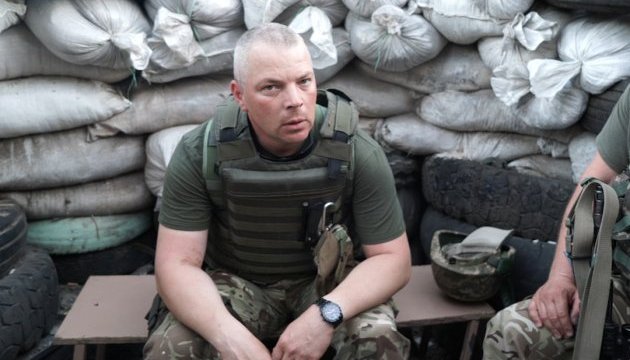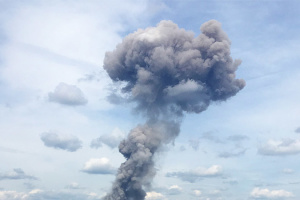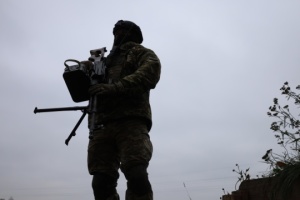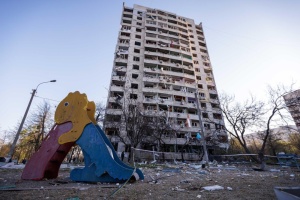
Russia to use Iskanders selectively, set to launch more Iranian-made missiles - General Zabrodskyi
That’s according to an oped by First Deputy Chairman of the Verkhovna Rada Committee on National Security, Defense and Intelligence, Lieutenant General Mykhailo Zabrodskyi.
"Russia's by no means limitless stocks of cruise missiles of the Iskander family and the minimal capabilities for their production in the conditions of sanctions pressure are forcing the Russians to look for other, more affordable means of destruction to fulfill their tasks. The first such step was the transition to the widespread use of Shahed-type strike drones. The next step, which is already being observed, is the transfer of the main mass of strike tasks to air-based cruise missiles. At the same time, given the limited stocks of Iskander-type cruise missiles, their use in the medium term will become more selective and is expected to target the most important targets," Zabrodskyi said.
At the same time, he believes that Russia will resort to the use of Iranian-made Fateh-110 missiles and their improved version, Zolfaghar, the delivery of which to Russia was spotted a month ago. The range and accuracy features, as well as the natural technical complexity of intercepting a ballistic target and limited air and missile defense equipment, encourage the enemy to look into precisely this option, the lieutenant general added.
Zabrodskyi also noted that Russia continues to transfer aviation equipment from the "rear" regions to replenish the losses incurred and still has enough resources to wage warfare in the air space with the current intensity for the next few years.
"Quite telling is the fact that the number of the aviation group around Ukraine remains almost unchanged since the invasion, however, its qualitative composition has significantly deteriorated, as the Russian side is forced to replace modern aircraft and helicopters thy lost in combat with outdated modifications, sometimes even removing them from storage. The situation with strategic aviation, in particular with the fleet of Tu-22M3 and Tu-95MS missile-carrying bombers, does not seem to worry the Russian command because there are no losses among these aircraft so far. At the same time, the listed number of Su-30 fighter-bombers, Su-34 and Su-35 fighters - the main models of strike aircraft in the Russian Air Force, still makes allows for easily replenishing losses. Considering the crucial importance of the use of air attack means, the Russian command seems to be ready to take exactly such measures, sometimes even giving in to the need to maintain the balance of their air presence in other regions," Zabrodskyi believes.
He also noted that the Russian reserves of air-based cruise missiles, especially modern ones, like any military reserves, are not unlimited, however, there is no reason for optimism. Simply waiting and hoping that the airstrikes will cease due to the enemy’s depleted stocks would be the worst thing that could be done in the current situation. To a simple question, when this can happen, there is an equally simple answer – never," Zabrodskyi emphasized.
The deputy head of the parliamentary committee also believes that the winter period to some extent complicates rapid maneuvers of air defense equipment, so the enemy can be expected to return to the widespread use of strike aircraft against targets in the operational rear and in the depths of the Ukrainian territory.
In addition to infrastructure facilities, the enemy will most likely attack military training centers.
"The purely military purpose of continued escalatory airstrikes on objects in our rear can be to disrupt scheduled training of troops, restoration of combat capability, and supply of new types of weapons and military equipment. This means that the targets of airstrikes can again become military training grounds, supply bases, storage sites, and defense industry objects," Zabrodskyi noted.
As reported, since the full-scale invasion, as of November 20, Russia has fired more than 4,700 missiles at Ukraine. President Volodymyr Zelensky stated on December 9 that 62% of the missiles fired by the Russian army since February 24 were aimed at civilian objects.




